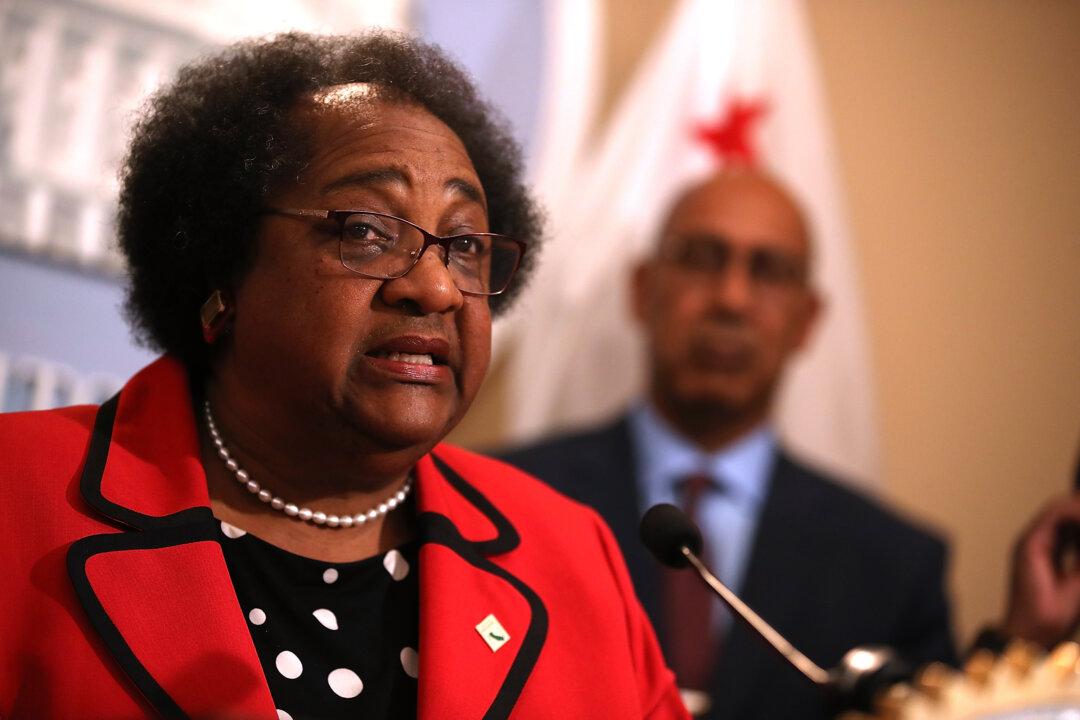California Secretary of State Shirley Weber told a state-mandated Reparations Task Force last week that atonement for slavery is long overdue and should include free education from preschool to university for all African Americans.
“Education should be available to every African American, regardless of their background in terms of the resources they have. University of California should be free to every black person in California, period,” Weber told the task force on Sept. 24, the second day of the virtual hearing.





